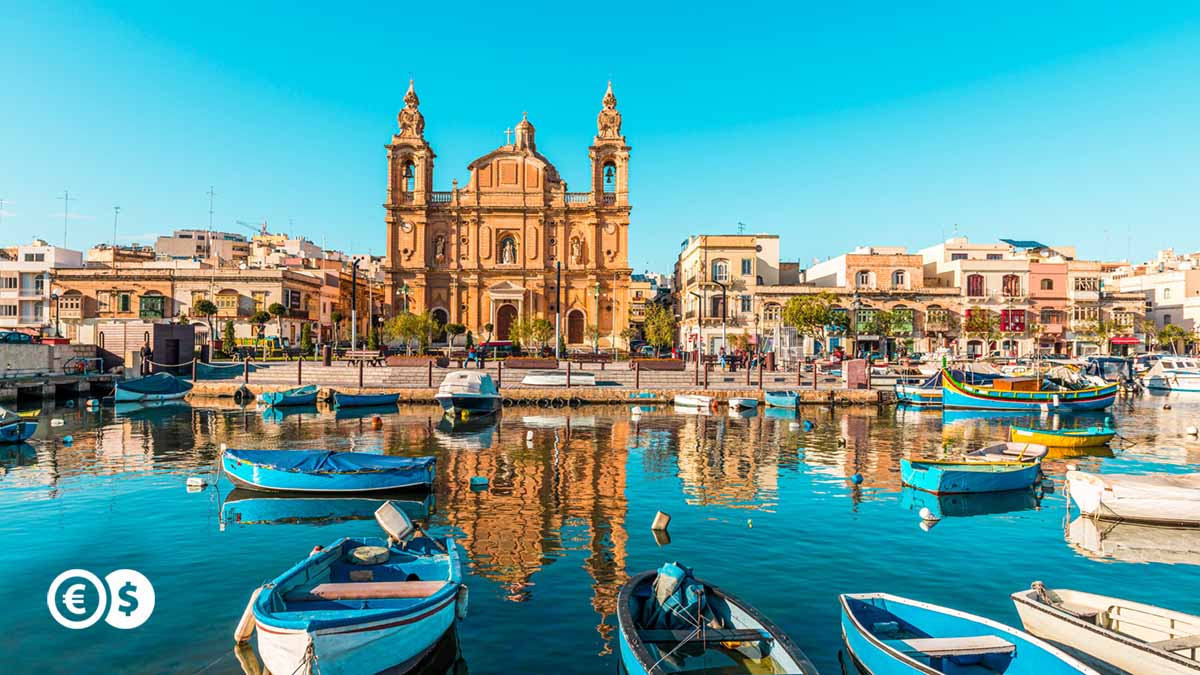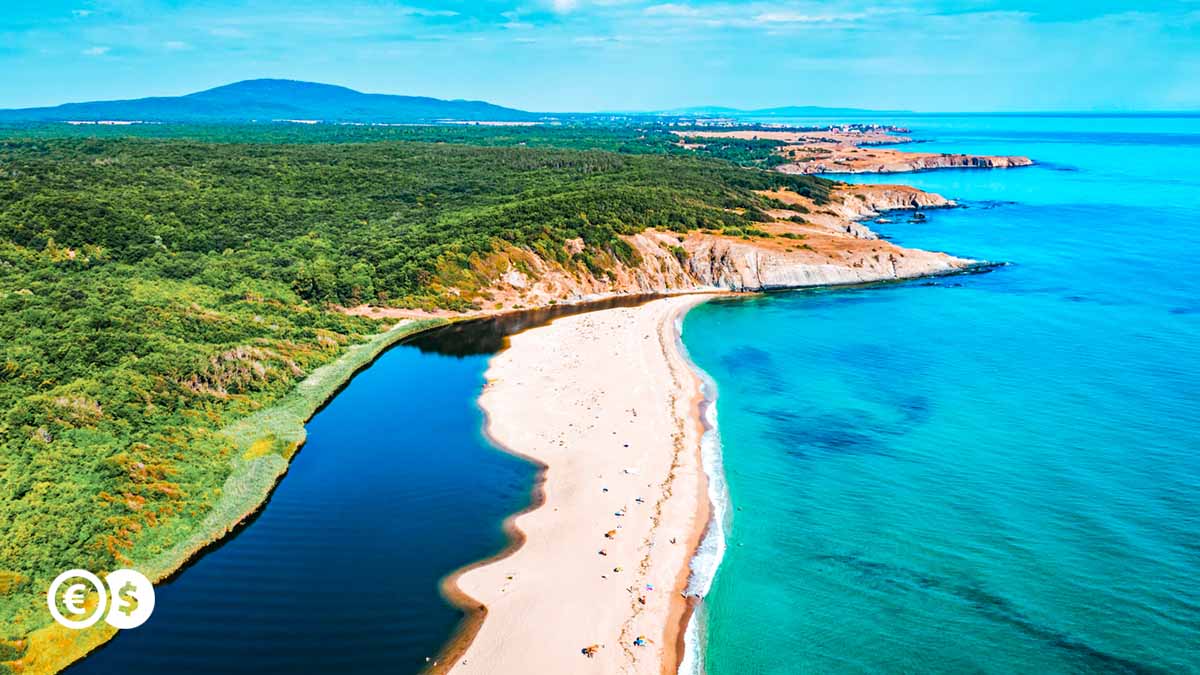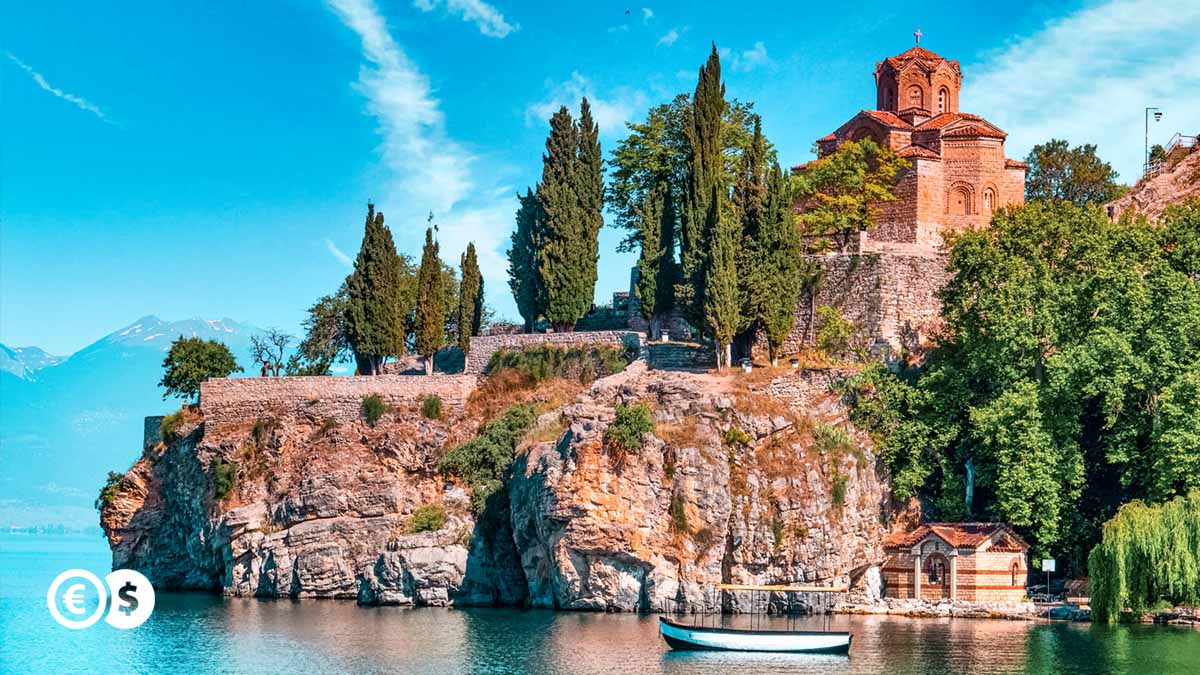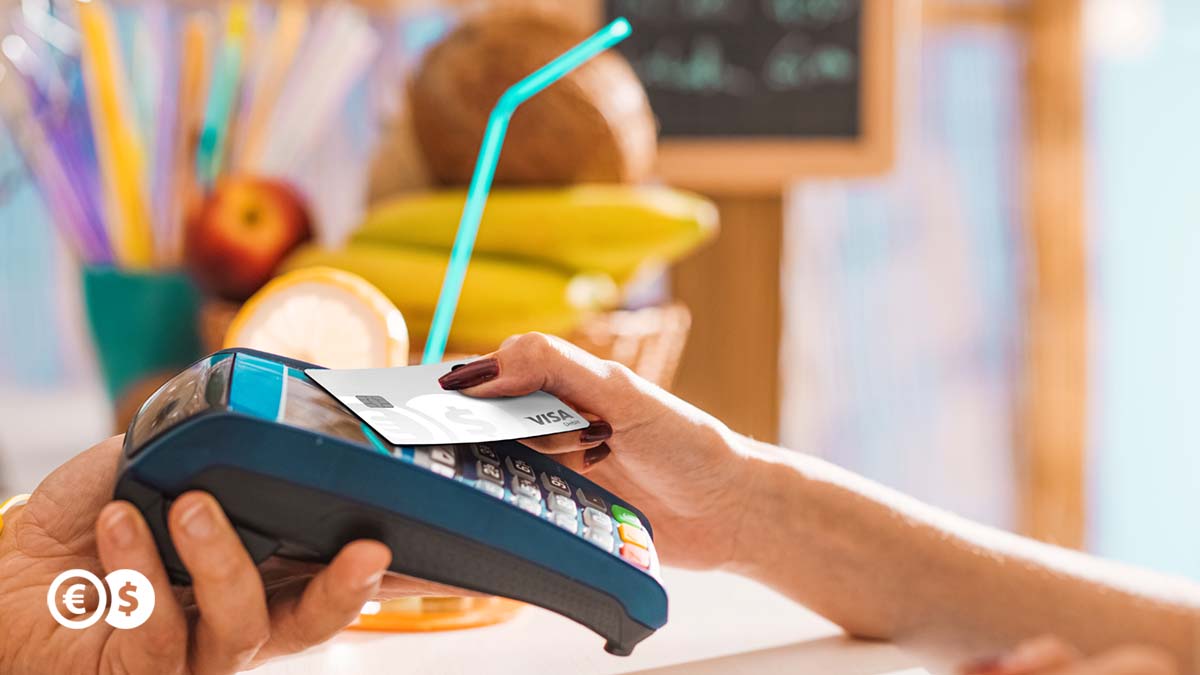For many people, the end of the summer holidays is just the beginning of holiday planning. In September, you can expect less crowded beaches, hotels and resorts. But can you count on the summer weather? Yes, and you don't have to look to Africa or the Caribbean for sun and warm water. Some European destinations offer favourable conditions for sunbathing and swimming even outside the high season: Malta, Bulgaria and Albania.
Table of contents
The turn of August and September is when students return to school. Summer camps and parents' joint trips with school-age children end. The most popular tourist destinations empty out, catching their breath after two months of holiday hustle.
For many people, this is the signal to go on holiday. No crowds, no race for a spot on the beach, no queues for the stalls with drinks and snacks, but with the chance of blissful peace and slightly lower prices for accommodation compared to July or August - these are the arguments of supporters of September vacation.
"With a bit of sarcasm, it could be said that in September, there is not much to race for, as the coastal beaches are more likely to greet tourists with cold, rain and cold sea instead of sunshine. It is hard to argue with this, but only if we are talking about the Baltic Sea. The average water temperature on Polish, German, Lithuanian or Latvian beaches does not exceed 17.5 degrees Celsius. The likelihood of a series of warm days and nights to satisfy beachgoers is also decreasing. However, the sun can still be found in southern Europe. We bow to Greece, Italy and Spain, but you can also consider less obvious suggestions", suggests Robert Blaszczyk, Head of Strategic Clients Department at Conotoxia.
Malta - the best climate in the world
An average September temperature of 28.4 degrees C during the day and 21.6 degrees C at night, ranked first (International Living) in the world for the best climate, the sunniest place in Europe, beaches, clear water, lots of restaurants and cafes, wineries, amusement parks, ancient monuments, the water temperature in the sea around the island's coastline in September exceeds 27 degrees C and the bathing season lasts until November? Sounds attractive? To see if it's really a good place for a dream September holiday, take a trip to one of the Maltese islands.

Malta is a member of the European Union and the eurozone. Although there are exceptions, the general rule is that prices for basic goods and services in shops, bars and restaurants are more than acceptable. Examples? In a market, a loaf of bread costs about 1.13 EUR, 12 eggs cost 2.66 EUR, a litre of milk costs 1.03 EUR, a kilo of yellow cheese costs 9.04 EUR, a 1.5-litre bottle of mineral water costs 0.84 EUR, a meal in a cheaper restaurant costs 15 EUR, a small beer in a pub costs 3.50 EUR and a coffee costs just under 2.5 EUR. Gasoline, on the other hand, is noticeably cheaper than in the UK, for example: 1 litre costs about 1.35 EUR. In the resort of Marsaskala on the Mediterranean Sea, two people will pay at least 500-750 EUR to rent a room for a week. Slightly cheaper deals can look for on one of the smaller Maltese islands - Gozo or Comino. Of course, there are also expensive and luxurious hotels to choose from.
Golden Sands of Bulgaria
In July and August, Bulgarian resorts are not spared from the 40-degree heat. This is why September, when the average daytime temperature is around 24-25 degrees C, may be a good month for a holiday on the Black Sea, where the water temperature is 21-25 degrees C.

"Bulgaria is a member of the European Union but retains its own currency. One Bulgarian lev in Conotoxia costs about 0.52 EUR. Prices in Bulgarian stores, bars and restaurants are lower than in the EU. Bus or train tickets, cab rides or alcohol are much cheaper there. However, there are products, such as milk (after conversion it costs about 1.47 EUR per liter) or rice (1.84 EUR per kilo), which are unexpectedly expensive in Bulgaria", the Conotoxia expert points out.
In Bourgas, located on an isthmus between the shores of a large lake and a Black Sea bay, two people will pay even less than 250 EUR to rent a room for a week. During their breaks on the beach, they will be able to see, among other things, the sand sculptures created each year in this city by participants in a unique festival. A direct flight from Europe to Bourgas takes 2-3.5 hours and costs around 180 EUR (return for one person). Alternatively, you can fly to Varna, from where it is only a dozen kilometres to the famous Golden Sands resort.
Riviera, but not French, Italian or Turkish, but... Albanian.
The Adriatic Sea off the coast of Albania in September has an average temperature of 24-25 degrees C. The air temperature is also very similar on sunny days, of which there is no shortage on the Albanian Riviera. These parameters make the first post-holiday month seem optimal for a holiday in Albania. This is a country where a beach holiday can easily be combined with a hike. After all, up to 75% of the country is mountainous. For example, the 11-kilometre trail in the Damned Mountains between Valbona and Theth is very popular. The ancient city of Butrint is also worth a visit, surrounded by the greenery of the UNESCO-listed National Park.

Although Albania is not a member of the European Union or the Schengen Area, entry into the country does not require a visa or passport, just an ID card. The unit of the prevailing currency, the Albanian lek (ALL), has a value of about 0,0094 EUR, and prices, whether in stores or restaurants, are generally noticeably lower than in the EU, examples: coffee in a cafe (after conversion) about 1.35 EUR, lunch in a bar 6.5 EUR, a half-litre local beer in a pub about 1.8 EUR.
Accommodation prices also seem affordable. In Sunny Beach, one of the coastal resorts, for renting an apartment for two people for a week, you will pay about 240 EUR, but you can also easily search for offers 60 EUR cheaper.
How to pay abroad? When and where to exchange currency?
You can also count on friendly weather in September, for example, in Montenegro or southern Croatia. Regardless of the choice, a tourist from the UK may face the dilemma of how, where and when to exchange pounds for euros or Bulgarian levs.
"The worst option seems to be exchanging cash at the airports and foreign tourist resorts or using a card issued to an account in foreign currency. There is a universal and, at the same time, advantageous (due to exchange rates) solution to avoid commission and high spreads. It is about Conotoxia multi-currency card. It can be used to pay in shops, restaurants or car rentals, but also to withdraw cash from foreign ATMs. On the other hand, if we can pay the bill online, it is worth using international money transfers, also available from fintechs such as Conotoxia," concludes Robert Blaszczyk of Conotoxia.

Before going on holiday, the Conotoxia multi-currency card can be loaded with any amount, and if expenses turn out to be higher than planned, further funds can simply be transferred from the currency wallet. In simple terms, a multi-currency card works abroad like a card issued in the local currency. Interestingly, it does not need to be used in the traditional "plastic" form. In fact, it can be connected to a smartphone or watch and used for contactless payments.



